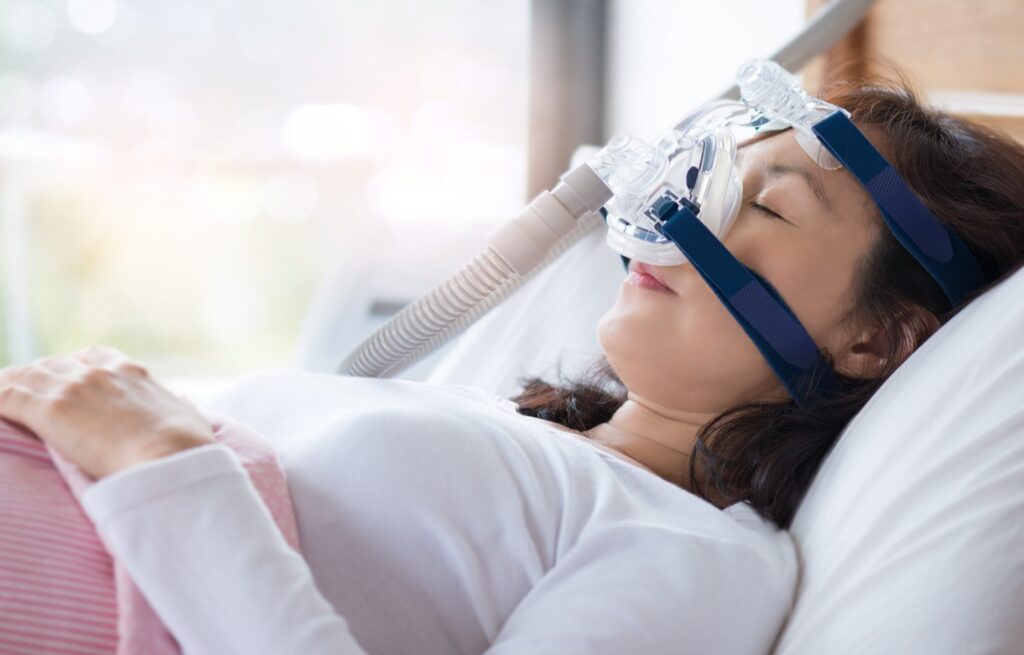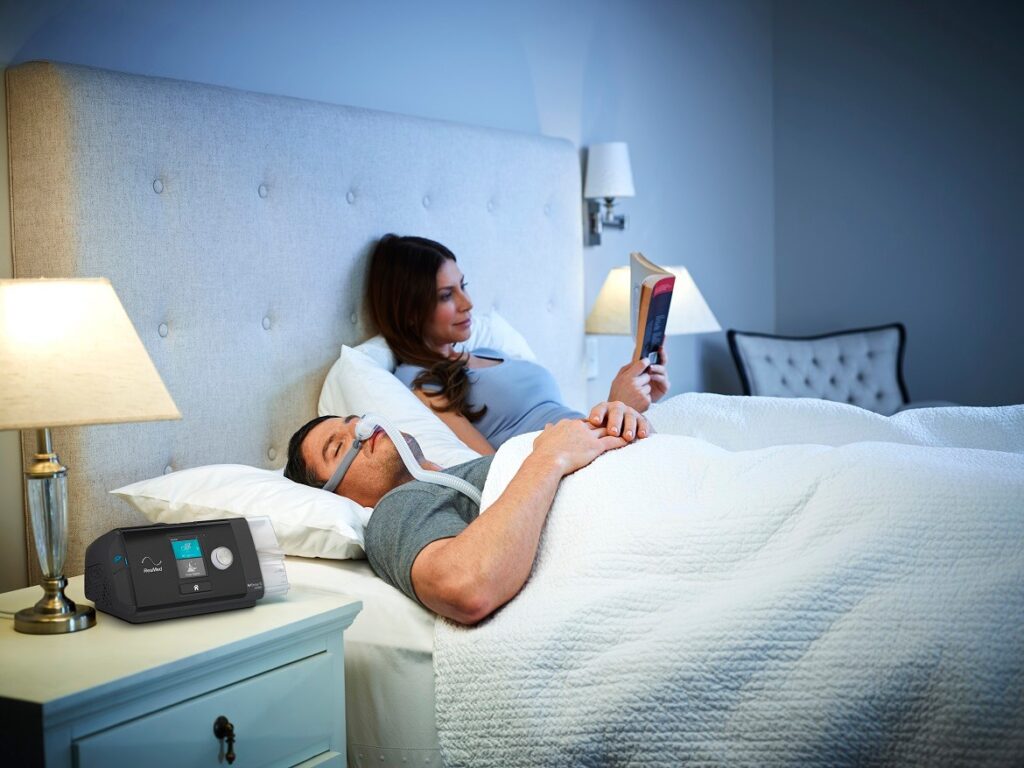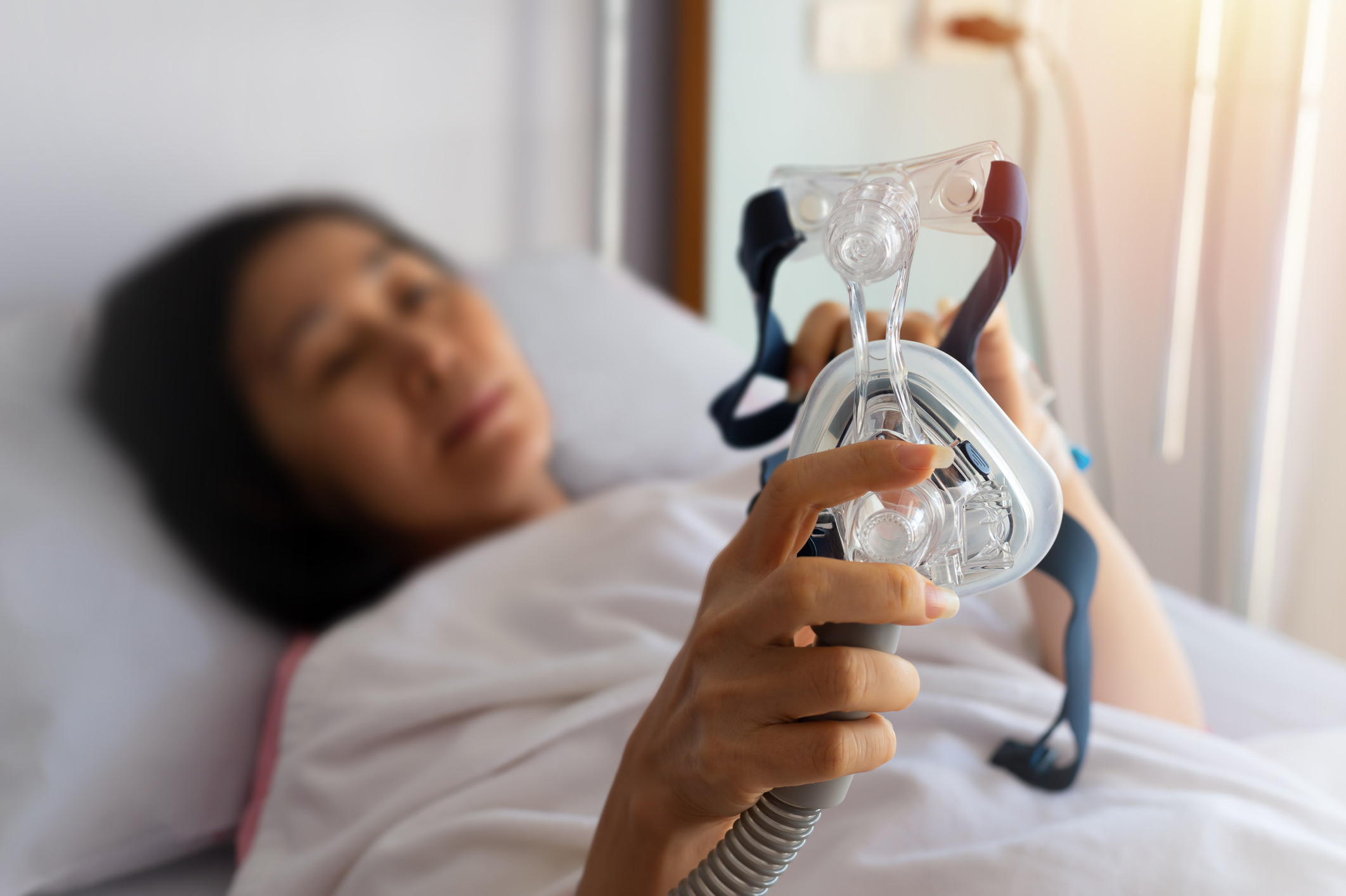Sleep is an essential component of overall health and well-being. Many Australians struggle with sleep disorders, which can significantly impact their quality of life. Traditionally, diagnosing these disorders required a visit to a sleep clinic for an overnight study. However, the advent of home sleep tests has revolutionised the way sleep disorders are diagnosed. This article explores the numerous advantages of taking a home sleep test in Australia.
Convenience of Home Sleep Tests
One of the most significant benefits of home sleep tests is the convenience they offer. Patients can conduct the test in the comfort of their own homes, eliminating the need for an overnight stay in a clinic. This can be particularly beneficial for individuals with busy schedules or those who may feel anxious about sleeping in an unfamiliar environment.
Home sleep test Australia represent a significant advancement in the diagnosis and management of sleep disorders in Australia. The convenience, cost-effectiveness, and improved access to care make them an appealing option for many individuals. By empowering patients with knowledge about their sleep health, these tests can lead to early intervention and better health outcomes.

Comfort and Familiarity
Conducting a sleep test at home allows individuals to sleep in their own bed, surrounded by familiar sounds and scents. This comfort can lead to more natural sleep patterns, which may result in more accurate test results. The relaxed atmosphere can also reduce anxiety levels, making it easier for patients to fall asleep and stay asleep throughout the night. Moreover, the ability to use personal bedding and pillows can further enhance the quality of sleep during the test, as many people have specific preferences that contribute to their overall comfort.
Flexible Scheduling
Home sleep tests can be scheduled at the patient’s convenience. Unlike traditional sleep studies, which require appointments that may not align with a patient’s lifestyle, home tests can be performed on any night that suits the individual. This flexibility can lead to better compliance and more accurate data on sleep patterns. Additionally, patients can choose to conduct the test during a time when they feel particularly fatigued or when they suspect their sleep issues may be most pronounced, allowing for a more tailored approach to their sleep health.
Cost-Effectiveness
Another noteworthy advantage of home sleep tests is their cost-effectiveness. Typically, home tests are significantly less expensive than in-lab sleep studies, which often involve extensive resources and personnel. For many patients, this affordability means that they can access essential diagnostic tools without the burden of high medical costs. Furthermore, the reduced need for travel and time off work can also contribute to overall savings, making it a financially viable option for a broader range of individuals seeking answers to their sleep concerns. Learn more about affordability on https://hsph.harvard.edu/news/making-health-care-more-affordable/

Enhanced Privacy
Home sleep tests also provide an added layer of privacy that many patients appreciate. The intimate setting of one’s home allows individuals to feel more secure and less exposed than they might in a clinical environment. This privacy can encourage more honest reporting of symptoms and behaviours that might otherwise be overlooked in a more formal setting. As a result, healthcare providers may obtain a more comprehensive understanding of a patient’s sleep issues, ultimately leading to more effective treatment plans tailored to individual needs.
Cost-Effectiveness
Home sleep tests are typically more affordable than traditional sleep studies. The costs associated with overnight stays in sleep clinics, including facility fees and additional medical staff, can add up quickly. In contrast, home tests often involve a one-time rental fee for the equipment, making them a more budget-friendly option for many Australians.
Insurance Coverage
Many health insurance plans in Australia cover home sleep tests, further reducing the financial burden on patients. By opting for a home test, individuals can often receive the necessary diagnostic information without incurring significant out-of-pocket expenses. This accessibility can encourage more people to seek help for sleep-related issues.
Reduced Travel Expenses
For those living in rural or remote areas, travelling to a sleep clinic can be time-consuming and costly. Home sleep tests eliminate the need for travel, saving money on fuel or public transport costs. This is particularly advantageous for individuals who may not have easy access to specialised medical facilities.
Comprehensive Data Collection
Home sleep tests are designed to monitor various physiological parameters during sleep. These tests typically measure airflow, oxygen saturation, heart rate, and respiratory effort, providing a comprehensive overview of a patient’s sleep patterns. The data collected can be invaluable in diagnosing sleep disorders such as obstructive sleep apnoea (OSA). To know more about oxygen click here.
Accurate Diagnosis
The data gathered from home sleep tests can lead to accurate diagnoses of sleep disorders. By monitoring key indicators of sleep quality and disturbances, healthcare professionals can identify issues that may not be evident during a standard clinical evaluation. This accuracy is crucial for developing effective treatment plans tailored to the individual’s needs.
Longer Monitoring Periods
Some home sleep tests allow for extended monitoring periods, enabling patients to record their sleep patterns over several nights. This can provide a more comprehensive view of sleep quality and help identify patterns that may be missed during a single night in a clinic. Such detailed information can be instrumental in diagnosing complex sleep disorders.
Improved Access to Care
Access to healthcare can be a significant barrier for many Australians, particularly those living in remote areas. Home sleep tests improve access to care by allowing individuals to receive diagnostic services without needing to travel long distances. This increased accessibility can lead to earlier diagnosis and treatment of sleep disorders.
Telehealth Integration
The rise of telehealth services has further enhanced the accessibility of home sleep tests. Patients can consult with healthcare professionals remotely, discussing their symptoms and test results without the need for in-person appointments. This integration streamlines the process of diagnosis and treatment, making it easier for individuals to seek help.
Encouraging Early Intervention
By making sleep tests more accessible, home testing encourages individuals to seek help sooner rather than later. Early intervention is crucial for preventing the progression of sleep disorders and associated health issues. Increased awareness and accessibility can lead to better health outcomes for patients.
Patient Empowerment and Education
Taking a home sleep test can empower patients by involving them in their healthcare journey. Individuals who take the initiative to monitor their sleep patterns are often more engaged in their health and well-being. This proactive approach can lead to better adherence to treatment plans and lifestyle changes that promote better sleep.
Understanding Sleep Health
Home sleep tests provide patients with valuable insights into their sleep health. By reviewing the data collected during the test, individuals can gain a better understanding of their sleep patterns and identify factors that may be contributing to sleep disturbances. This knowledge can be a powerful motivator for making positive changes.
Encouraging Lifestyle Changes
Armed with information about their sleep patterns, patients may be more inclined to adopt healthier lifestyle habits. This can include changes in diet, exercise, and sleep hygiene practices. By taking charge of their sleep health, individuals can improve their overall well-being and quality of life.
Limitations and Considerations
While home sleep tests offer numerous advantages, it is essential to consider their limitations. Not all sleep disorders can be accurately diagnosed through home testing, and some individuals may still require a comprehensive sleep study in a clinical setting.
Not Suitable for Everyone
Home sleep tests are primarily designed for diagnosing obstructive sleep apnoea and may not be suitable for individuals with complex sleep disorders or comorbid conditions. Patients with other medical issues or those who exhibit severe symptoms may still need to undergo traditional sleep studies for a thorough evaluation.
Potential for Inaccuracies
Although home sleep tests can provide valuable data, there is a potential for inaccuracies. Factors such as improper device usage or environmental disturbances can affect the quality of the results. Patients must follow instructions carefully and ensure a conducive sleep environment to obtain the most accurate data.
Conclusion
However, it is crucial to recognise the limitations of home sleep tests and consult with healthcare professionals for a comprehensive evaluation when necessary. Overall, the advantages of taking a home sleep test can greatly enhance the journey towards better sleep and improved quality of life for many Australians.
Other resource: Discover Your Sleep Patterns with Our Sleep Type Test

